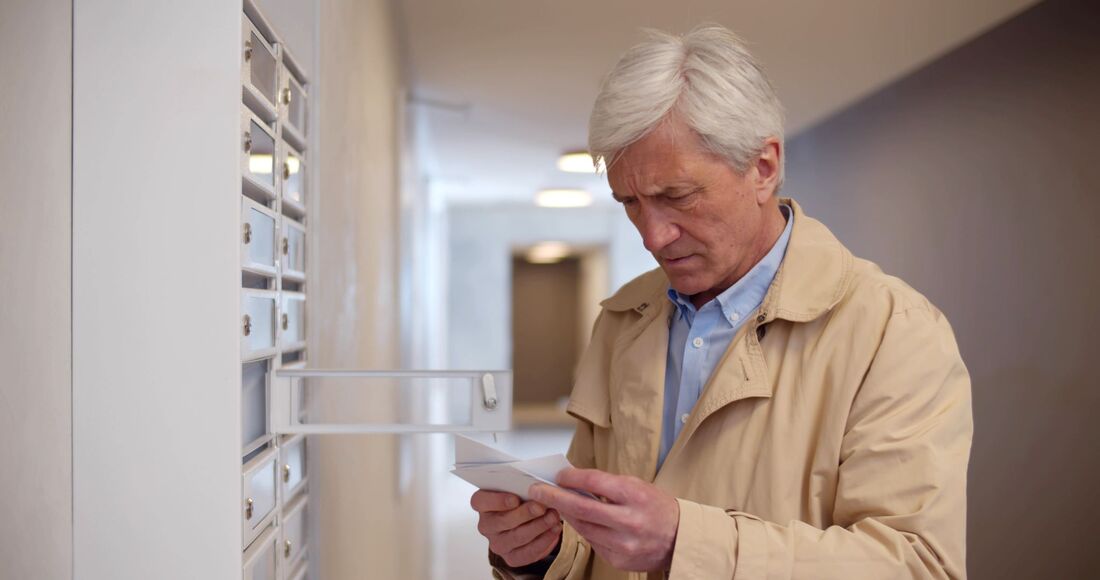August 25, 2025

Editor's Note: Reports state that on July 23, 2025, the Social Security Administration decided to continue issuing paper checks for those who do not have any other way of receiving their benefits payments.
At Chubb Law Firm PC, we believe staying informed is one of the most powerful ways to protect yourself and your loved ones. If you or someone you care about relies on Social Security benefits, a big change is coming that could impact how payments are received. Here’s what you need to know—and how to prepare.
Starting September 30, 2025, the Social Security Administration (SSA) will stop issuing paper checks for benefits payments. The SSA is urging all recipients of Social Security, Supplemental Security Income (SSI), and other government benefits to switch to electronic payments before the deadline. This change is part of the federal government’s ongoing effort to improve efficiency, reduce costs, and combat fraud.
Beneficiaries who do not switch to electronic payments by the September 30 deadline and who do not qualify for a paper check exemption may experience delays or interruptions in their benefits payments.
Switching from paper checks to electronic payments offers some notable advantages, including:
According to SSA data, over half a million people still receive their benefits payments by paper check, which is less than 1 percent of beneficiaries. These individuals must switch to electronic payments by the September 30 deadline unless they qualify for a waiver from the Treasury Department. To get such a waiver, benefits recipients need to contact the Treasury Department.
The SSA offers two main options for receiving benefits electronically:
Direct deposit is the simplest and most widely used option. Payments are deposited automatically into a checking or savings account. This ensures timely payment, even following a natural disaster or mail service disruption.
To set up direct deposit, you will need to provide information regarding your financial institution and the account to which you want your payments sent, including your account number and your bank’s routing number.
For recipients who don’t have a bank account, the SSA offers a government-prepaid debit card called Direct Express®. The federal government makes the appropriate funds available on this card for the beneficiary to use like any other debit card. The debit card option does not require a credit check. To learn more about the Direct Express® debit card, visit the Direct Express® website.
Anyone still receiving paper checks should act as soon as possible to avoid missing payments after the September 30 cutoff. Here are three ways to switch:
Paper checks for Social Security and other federal benefits will largely be phased out by the end of September 2025. Recipients should make arrangements now to receive payments electronically through direct deposit or the Direct Express® debit card. Making the switch will ensure uninterrupted access to vital benefits and help protect against fraud and payment delays.
If you or someone you know needs help transitioning to electronic payments, contact your local Area Agency on Aging, a community legal aid office, the SSA, or a trusted elder law or financial professional.
For additional reading about Social Security benefits, check out the following articles: